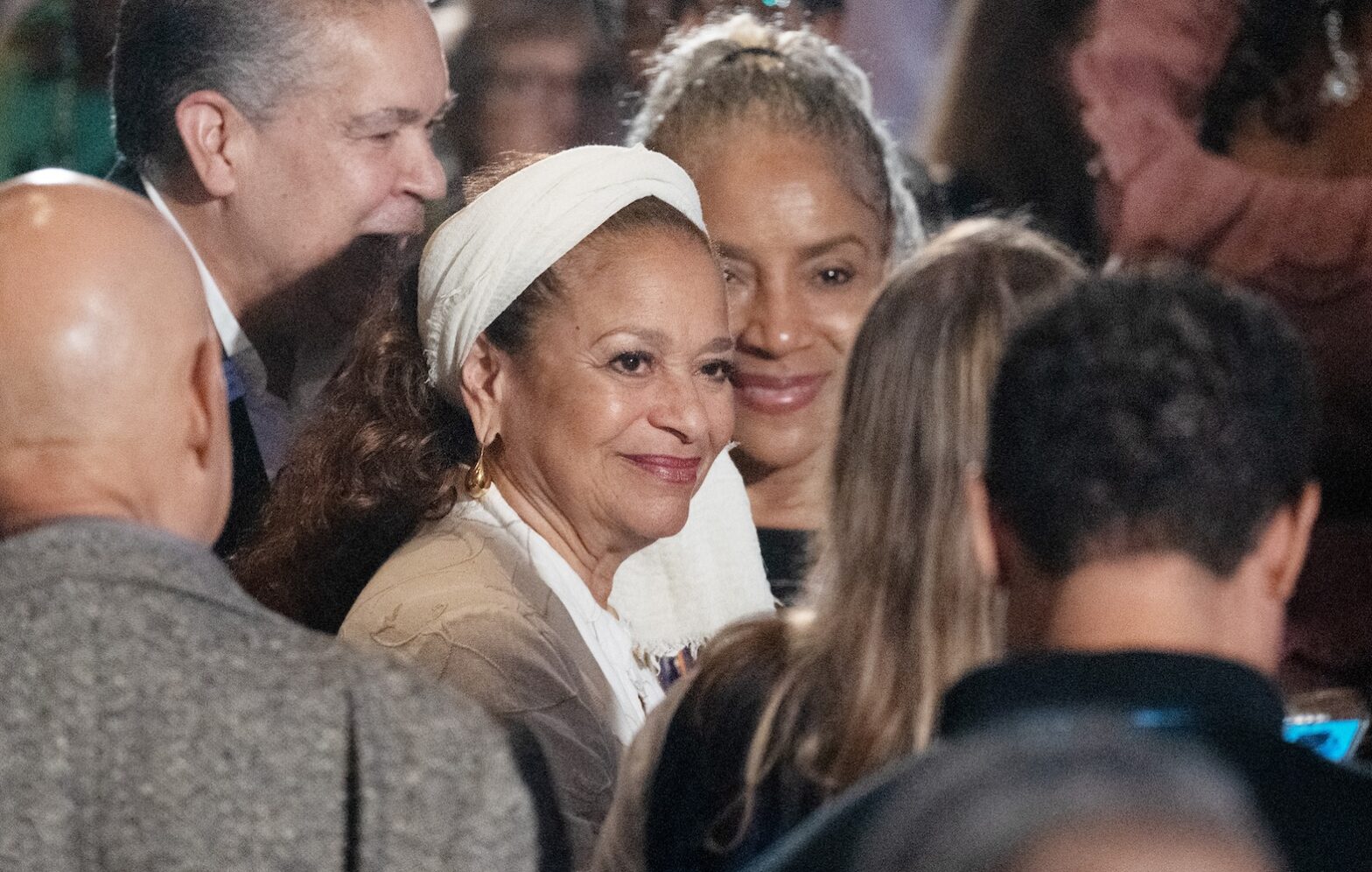Archbishop Desmond Tutu, one of the most influential activists in helping to end apartheid in South Africa, passed away on Dec. 26 at the age of 90.
Tutu reportedly died of cancer, 24 years after he was first diagnosed with prostate cancer, in 1997.
South African President Cyril Ramaphosa, who confirmed Tutu’s death, said on Twitter, “We cannot mourn his passing without recognizing the joy, the hope and the light that this birth signified to him and continues to signify to people across the world.” He added, “It was this joy, this hope, and this light that he preached, and he celebrated throughout his life.”
As the world mourns a tenacious leader and gentle soul who dedicated his life to serving others, here are five are things to know about Tutu:
A Leading Anti-Apartheid Activist In South Africa
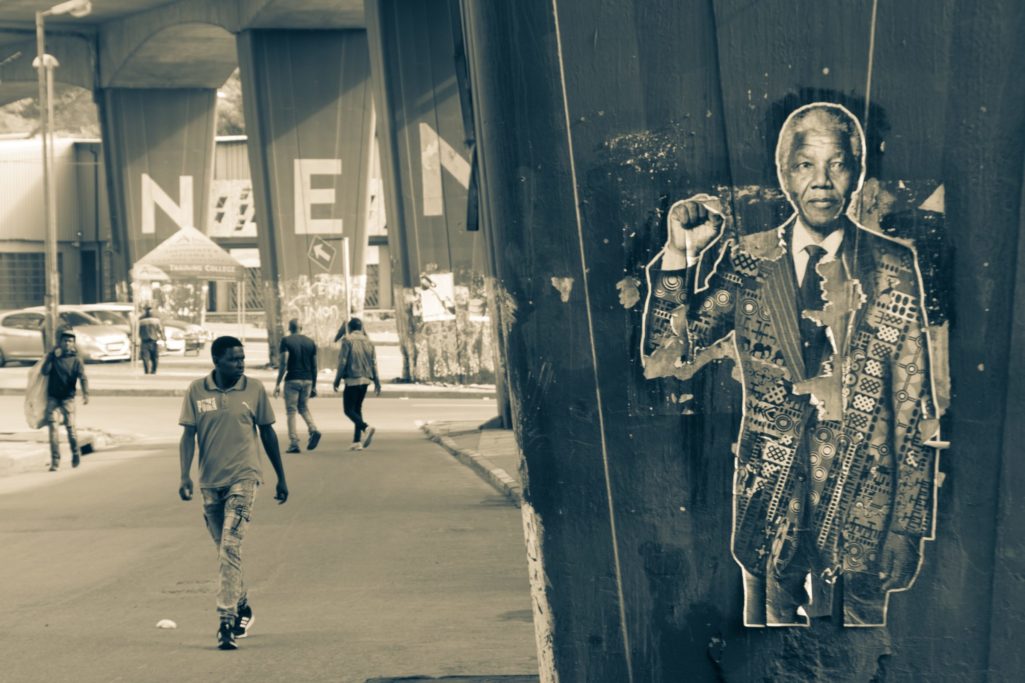
Tutu will forever be known as one of the most influential voices that helped to bring down apartheid in South Africa.
Apartheid was a system of institutionalized racial segregation that existed in South Africa and from 1948 until the early 1990s
Tutu emphasized a nonviolent means of protest and was a strong voice in advocating for other countries to apply economic pressure when dealing with South Africa.
His voice and anti-apartheid advocacy are why he received a Nobel Peace Prize in 1984.
In 1985, at the height of apartheid, Tutu was appointed the first Black Anglican bishop.
After spending 27 years behind bars, Nelson Mandela was released from prison in 1990. He spent his first free night in Tutu’s residence.
The First Black South African To Become Dean of St. Mary’s Cathedral
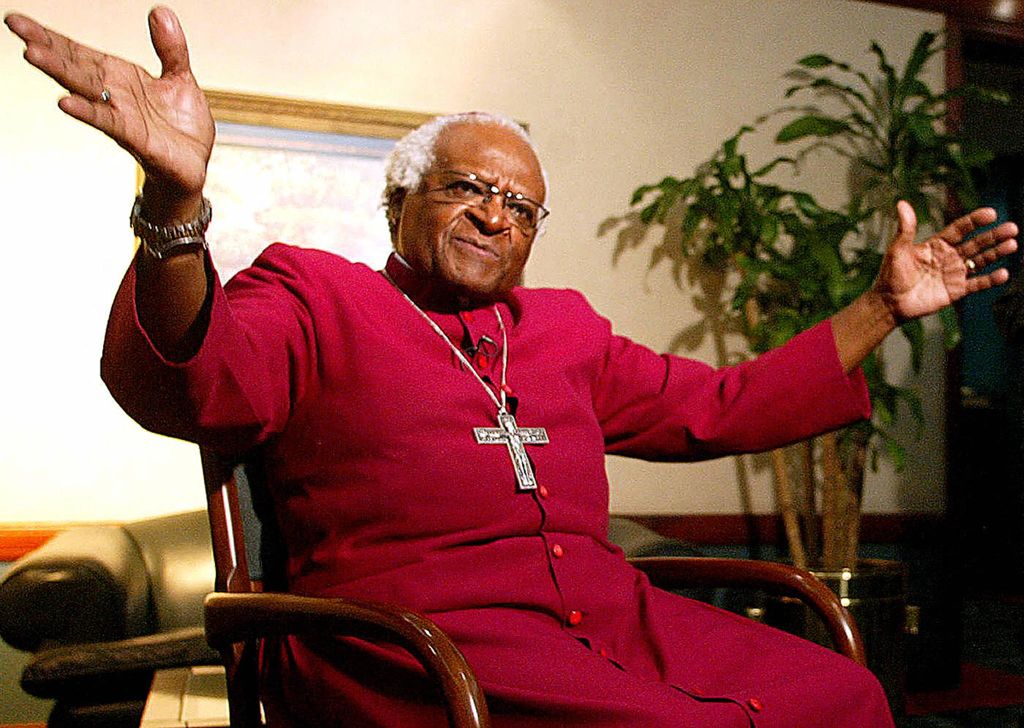
Tutu wanted a medical career but was unable to afford school. He became a schoolteacher instead in 1955 but quit two years later to attend St. Peter’s Theological College in Johannesburg.
He was ordained as an Anglican priest in 1961 before moving to London a year later.
In 1966, he received his Master’s degree at King’s College London. He served as an associate director for the World Council of Churches from 1972 to 1975.
Following his role with the World Council of Churches, he was appointed dean of St. Mary’s Cathedral in Johannesburg, making him the first Black South African to hold the position.
Advocate for LGBTQ+
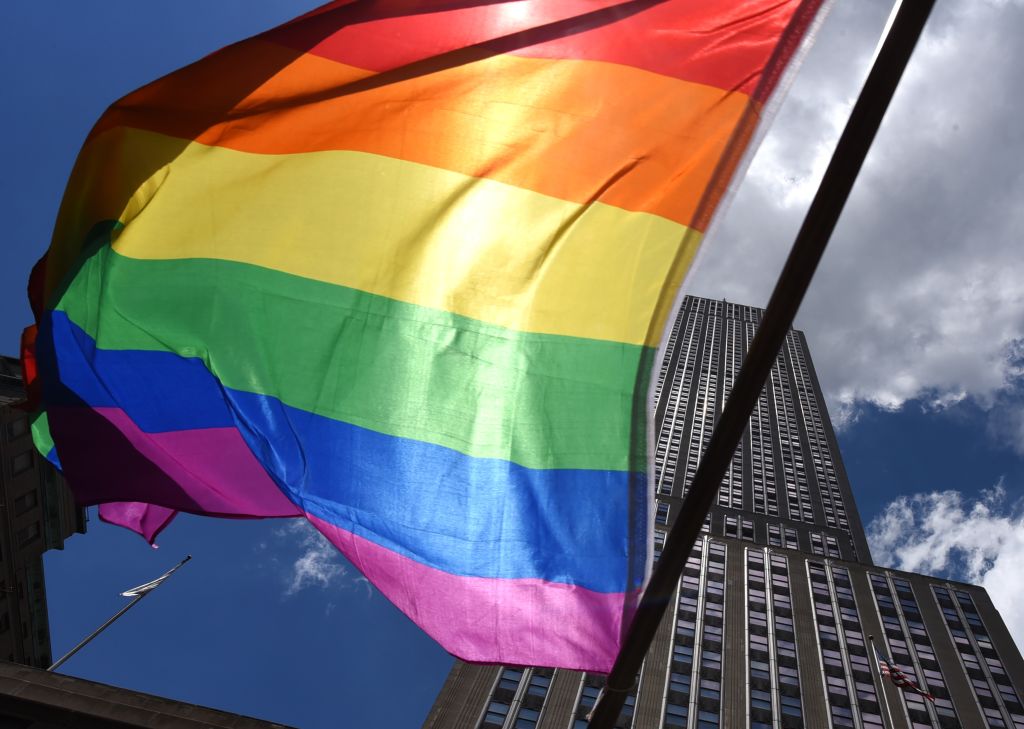
Tutu was also a strong proponent for the rights of the LGBTQ+ community and marriage equality.
In his final years, he reportedly talked publicly about his disappointment that his vision of a “rainbow nation” never came to pass.
Medal of Freedom
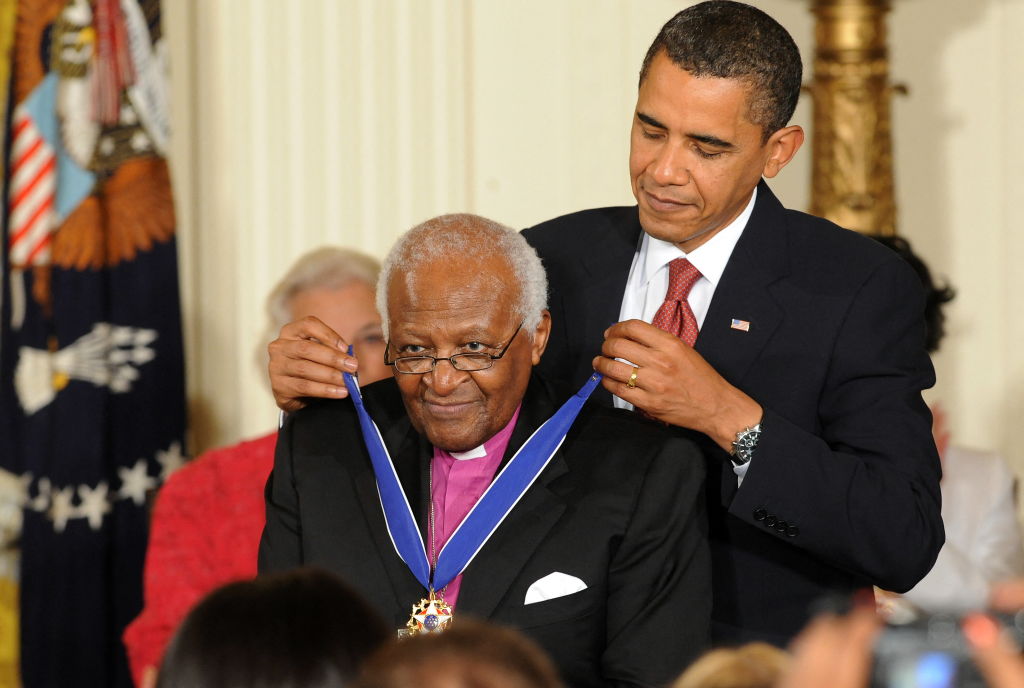
In 2009, then-President Barack Obama awarded Tutu the Presidential Medal of Freedom.
When recognizing Tutu, Obama stated that “[he’s] widely regarded as ‘South Africa’s moral conscience,’ he served as the General Secretary of the South African Council of Churches (SACC) from 1978 to 1985, where he led a formidable crusade in support of justice and racial reconciliation in South Africa.”
Known To Bring People Together
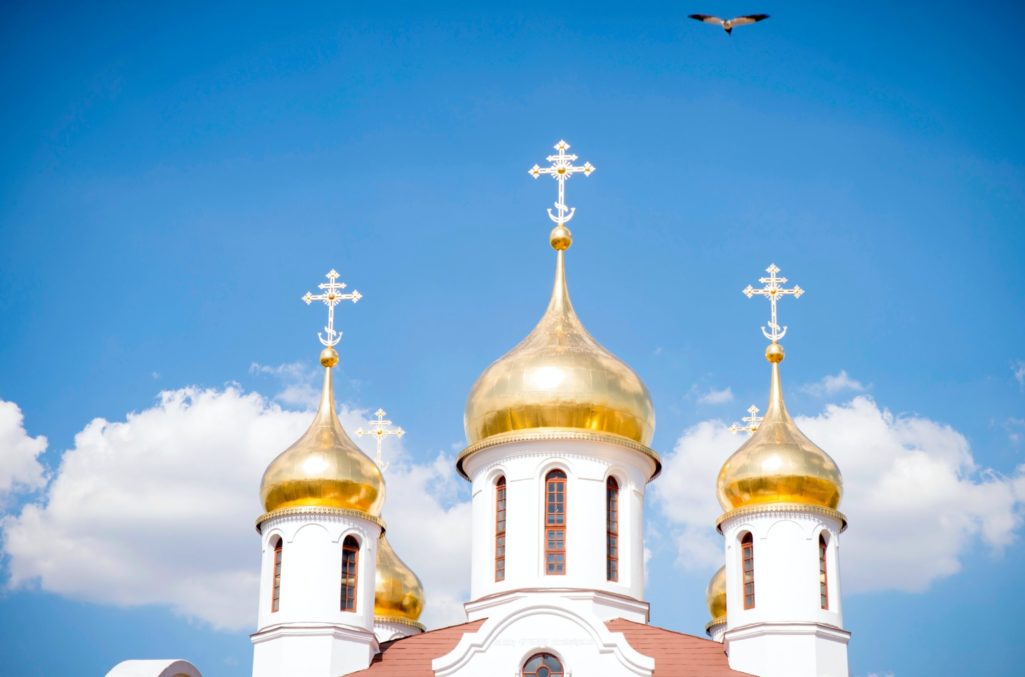
One of Tutu’s trademarks was holding interfaith services at St. George’s Cathedral in Cape Town, with people from all different walks of life and religious backgrounds.
“He pulled everybody into that cathedral. He never wanted it to be just Christian. He didn’t see religion as divisive. In Cape Town, there’s a large community of Muslims and Jews, many Christian denominations. He brought them all together,” Sahm Venter, a former reporter with the Associated Press, told NPR.


